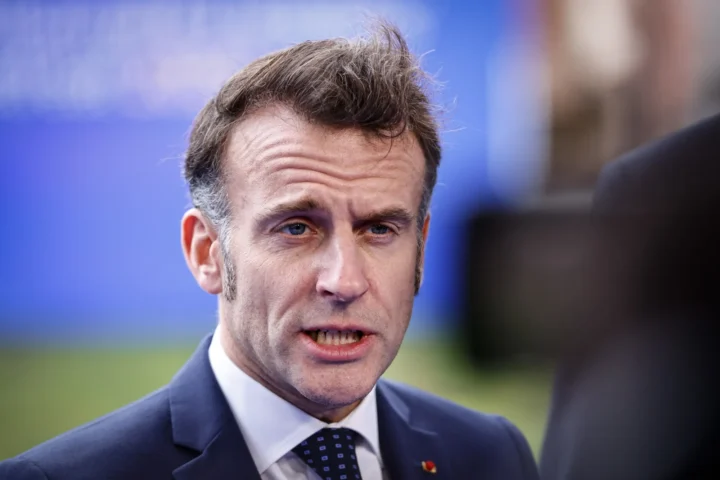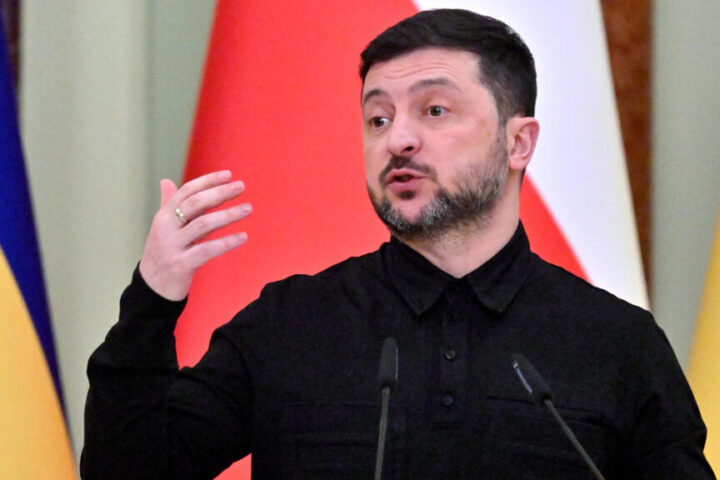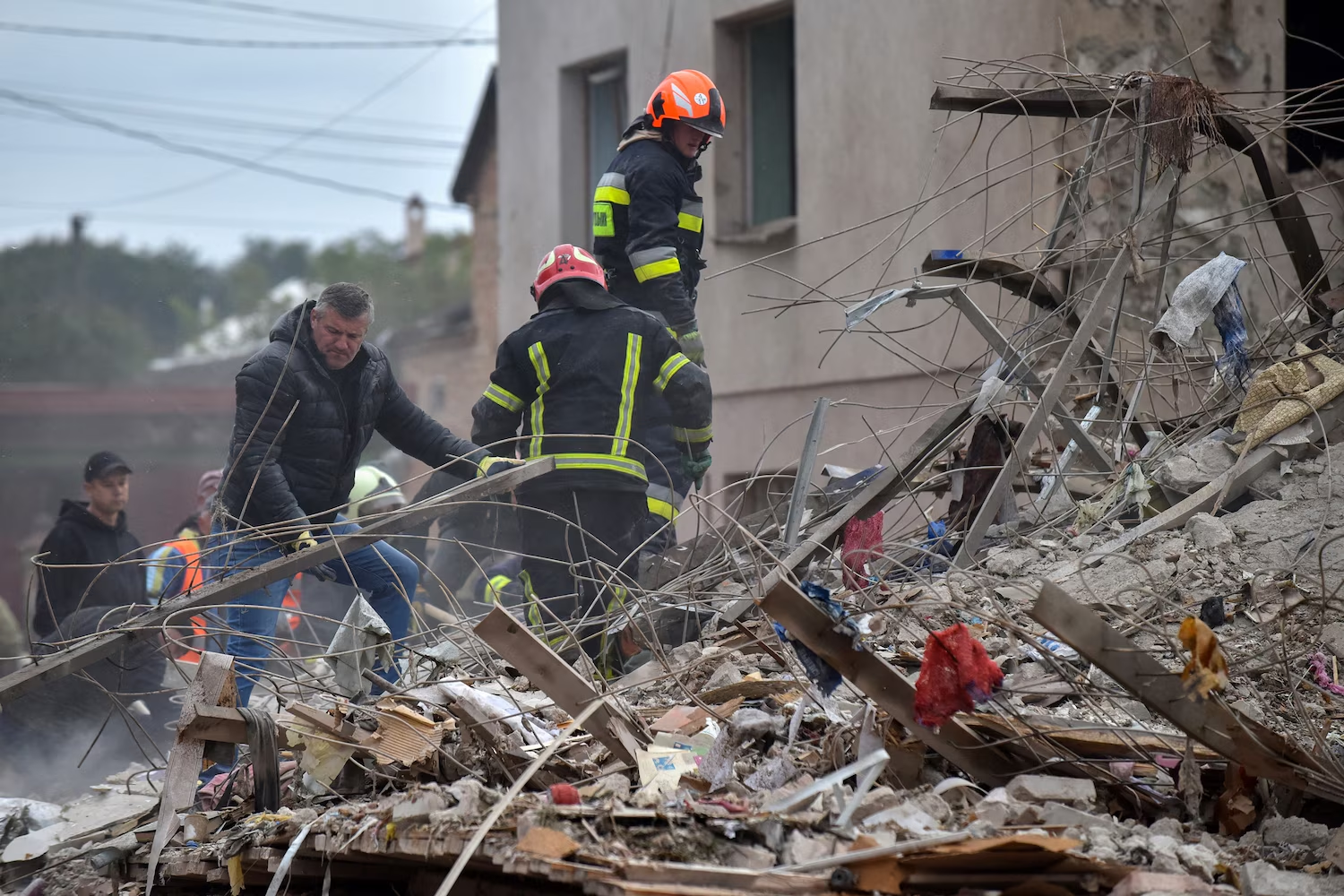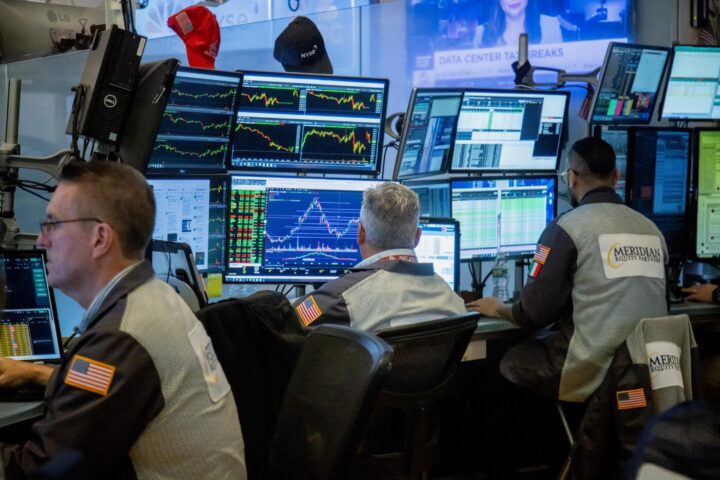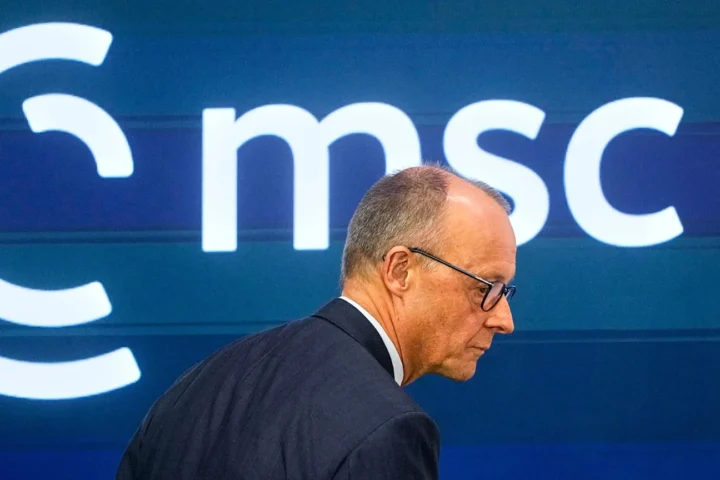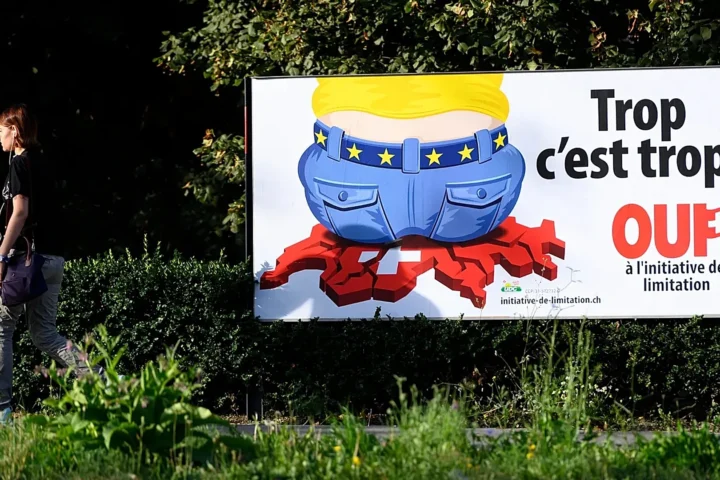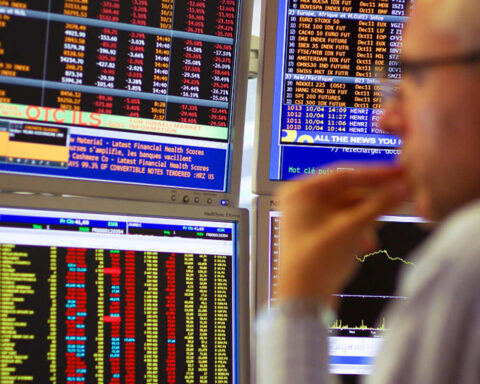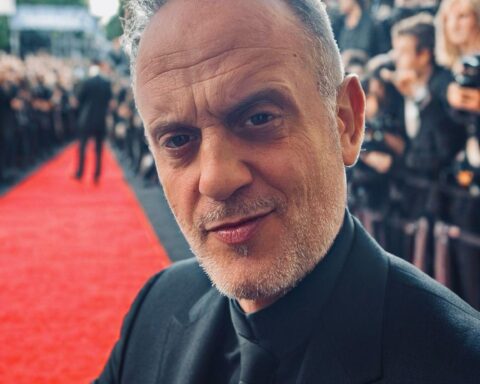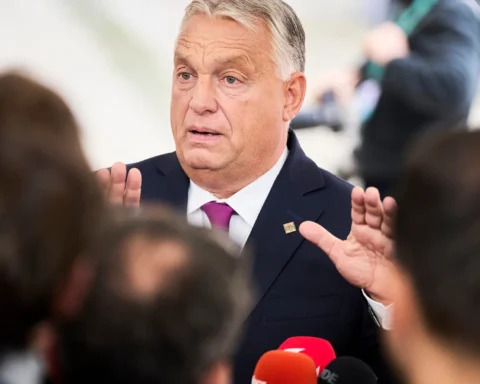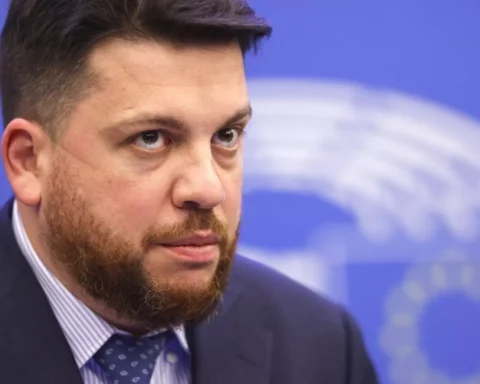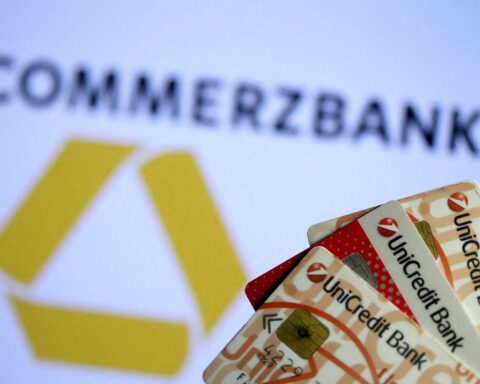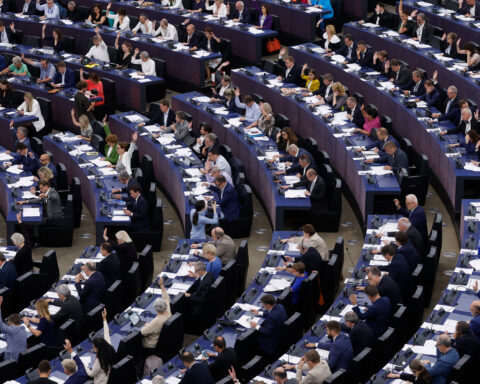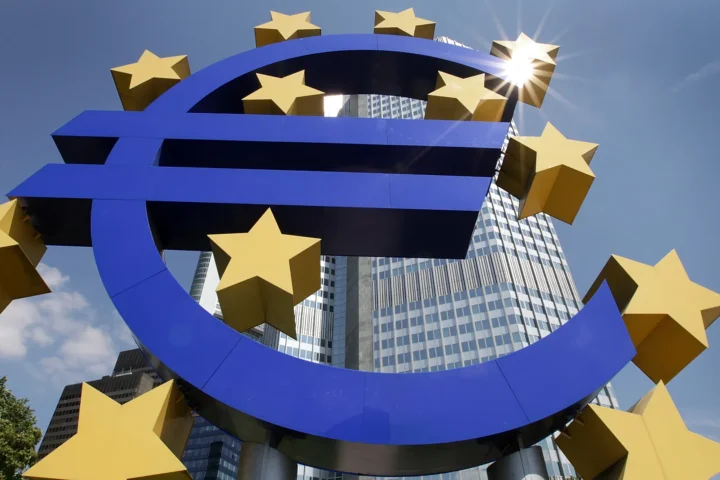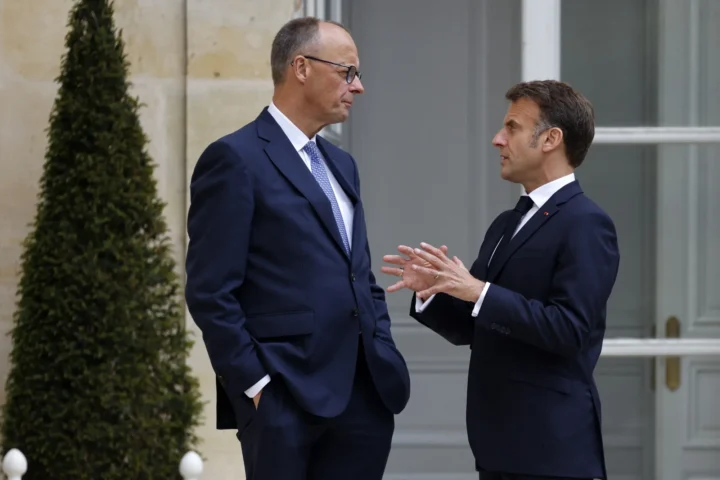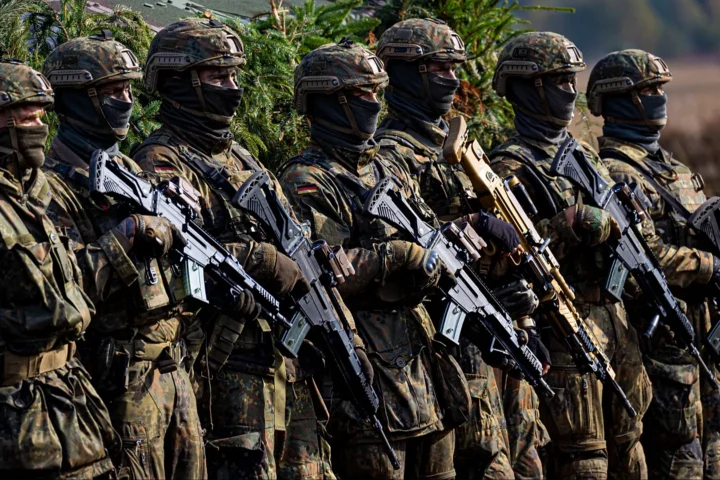In a decisive move that underscores the gravity of the situation in Eastern Europe, European Union foreign policy leaders will convene on Monday for an emergency meeting to address Ukraine’s increasingly volatile security landscape. The meeting, called by Estonian Prime Minister Kaja Kallas, comes as Kyiv faces mounting military pressure and geopolitical uncertainty, with the war entering yet another critical phase.
Why Now?
Kallas, one of the EU’s most outspoken voices on Russia and a staunch supporter of Ukraine’s sovereignty, has been warning for months about the dangers of war fatigue in Europe. Her call for a snap meeting reflects both the urgency of recent developments on the ground and the need for unified European action.
Multiple sources inside Brussels suggest the meeting will focus on accelerating military aid, strengthening sanctions against Russia, and coordinating long-term support measures to help Ukraine withstand sustained attacks. Analysts say the timing coincides with reports of intensified Russian offensives in eastern Ukraine and renewed strikes on critical infrastructure.
Kallas’ Influence in the EU’s Ukraine Policy
Kaja Kallas has emerged as a leading moral and strategic voice within the EU since the war began. Representing a Baltic nation with direct historical experience under Soviet occupation, she has consistently pushed for tougher stances against Moscow and faster delivery of aid to Kyiv.
“Every delay costs lives. Ukraine’s survival is tied to our own security,” Kallas stated last week in a speech that foreshadowed Monday’s meeting. Her insistence on swift, coordinated action has resonated especially among Eastern European member states, though it sometimes clashes with the more cautious approaches of some Western capitals.
What’s on the Agenda
EU diplomats familiar with the planned session outline three main topics for discussion:
- Military Aid Acceleration – Proposals to fast-track the delivery of ammunition, air defense systems, and heavy weaponry, with a potential joint EU procurement plan to replenish Ukraine’s supplies.
- Economic and Sanctions Pressure – New rounds of sanctions targeting Russian oil shipments, financial intermediaries, and technology imports, along with tighter enforcement of existing measures.
- Long-Term Security Framework – A framework for post-war security guarantees, potentially linked to NATO and EU membership pathways for Ukraine.
Wider Geopolitical Stakes
This meeting is not just about Ukraine — it’s about Europe’s credibility as a global power. With the United States distracted by election-year politics and political divisions over funding, EU leaders are under growing pressure to prove they can carry a larger share of the burden in defending democracy on the continent.
Meanwhile, Moscow appears intent on testing the West’s resolve, betting that political fatigue, economic pressures, and global crises will eventually weaken support for Kyiv. If the EU signals hesitation now, experts warn, it could embolden further Russian aggression.
Looking Ahead
While no single meeting can alter the course of the war, Monday’s emergency gathering could set the tone for EU policy in the months ahead. If Kallas’ push for stronger measures gains traction, it may mark a shift toward more decisive European leadership on Ukraine — something Kyiv has been urging for since day one.
For now, all eyes will be on Brussels as ministers gather, not just to talk, but to decide how far the EU is willing to go in defending its eastern neighbor — and, by extension, its own security and values.


